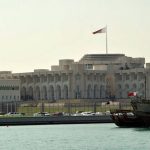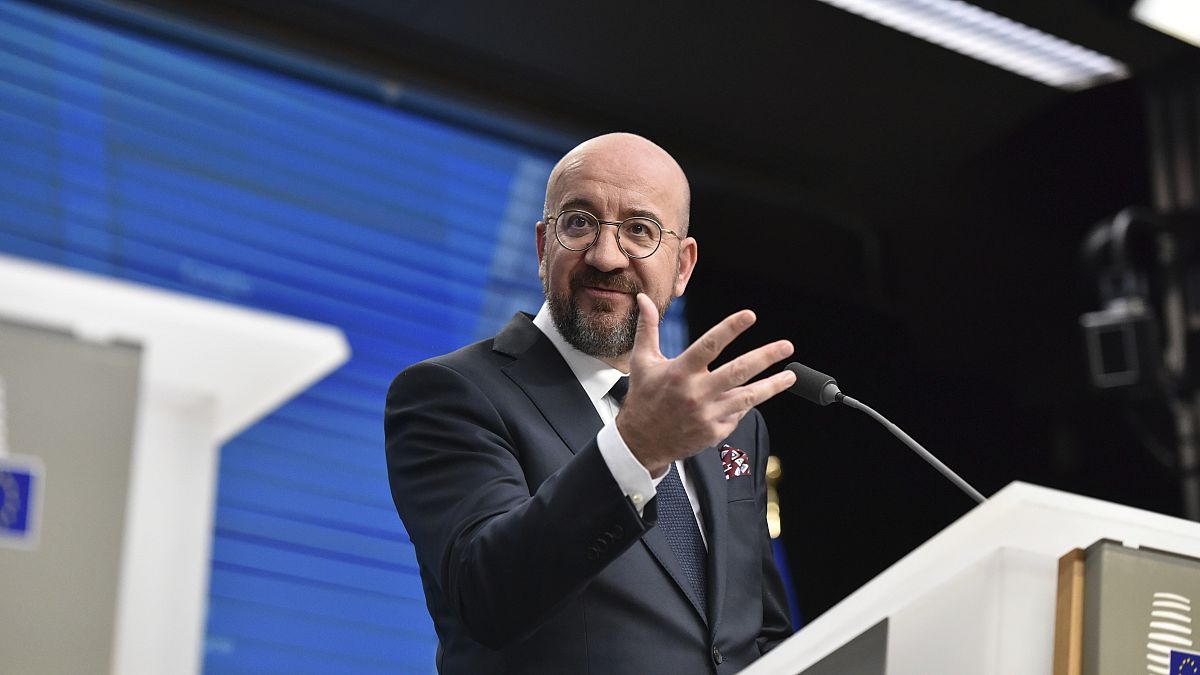Three European countries — Ireland, Spain, and Norway — have officially recognized a state of Palestine. European Council President Charles Michel expressed his support for the recognition and called for a coordinated approach among EU member states and other countries to make tangible progress on the matter. Michel believes that recognizing Palestine could serve as leverage to advance towards a two-state solution that includes a viable Palestinian state. While some countries may need more time to decide on recognition, Belgium is actively working towards recognizing Palestine with rights and freedoms for Palestinians.
The decision by Spain, Ireland, and Norway to recognize Palestine has sparked a strong reaction from Israel, with Foreign Minister Israel Katz condemning it as a “reward to Hamas” and stating that “terrorism pays.” The move comes amidst a shifting EU position on the situation in the Middle East, particularly in light of recent events such as an Israeli airstrike on a camp of displaced Palestinians in Gaza that resulted in the death of 45 individuals. EU chief diplomat Josep Borrell strongly condemned the attack and announced plans to convene an EU-Israel Association Council to discuss Israel’s adherence to international law and the recent ruling by the ICJ. Additionally, the EU foreign affairs ministers have decided to reactivate an EU border mission at Rafah.
The European Council President’s support for recognizing Palestine and the subsequent decision by Spain, Ireland, and Norway reflect a growing momentum towards addressing the Israel-Palestine conflict. By advocating for a coordinated approach among EU member states and third countries, Michel emphasizes the importance of creating leverage to push for progress towards a two-state solution that ensures a viable Palestinian state. While some states may require more time to consider recognition, Belgium is actively working to achieve recognition that safeguards the rights and freedoms of Palestinians in Palestine.
Israel’s strong reaction to the recognition of Palestine by the three European countries underscores the complex and sensitive nature of the Israel-Palestine conflict. Foreign Minister Israel Katz’s condemnation of the recognition as a reward for terrorism highlights the deep-rooted political tensions and differing perspectives on the issue. The EU’s response to recent events, such as the deadly Israeli airstrike on displaced Palestinians in Gaza, demonstrates a shift towards a tougher stance against Israel and a commitment to upholding international law and human rights in the region.
In light of the recent events in the Middle East, including the escalating violence in Gaza and the recognition of Palestine by Spain, Ireland, and Norway, the European Union is taking decisive steps to address the Israel-Palestine conflict. The EU’s decision to convene an EU-Israel Association Council and reactivate an EU border mission at Rafah reflects a commitment to upholding international law and ensuring the protection of human rights in the region. By advocating for a coordinated approach to the recognition of Palestine, European Council President Charles Michel is pushing for concrete progress towards a two-state solution that includes a viable Palestinian state with rights and freedoms for its people.
The recognition of Palestine by Spain, Ireland, and Norway has implications not only for the Israel-Palestine conflict but also for the broader geopolitical landscape in the Middle East. The move has sparked a strong reaction from Israel, which views the recognition as a reward for terrorism and a threat to its security. However, the EU’s response, including the condemnation of the recent Israeli airstrike in Gaza and the decision to convene an EU-Israel Association Council, demonstrates a commitment to promoting peace, stability, and respect for human rights in the region. As the situation continues to evolve, it is essential for all parties involved to engage in dialogue, collaboration, and diplomatic efforts to de-escalate tensions and work towards a lasting resolution to the conflict.











